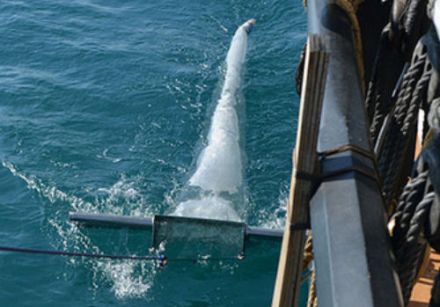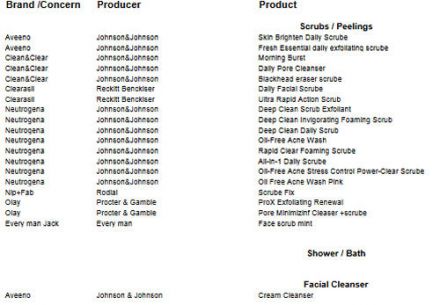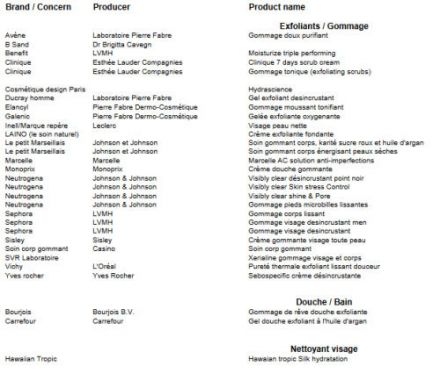Beat the microbeads
Tiny plastic beads can be found in personal care products, including facial washes, body scrubs, glitters even toothpastes and whitenings. They are invaded your bathroom and your cosmetic bag. They are everywhere.
Tiny particles of plastic have been added to possibly thousands of personal care products sold around the world. These microbeads, hardly visible to the naked eye, flow straight from the bathroom drain into the sewer system. Wastewater treatment plants are not designed to filter out microbeads and that is the main reason why, ultimately, they contribute to the Plastic Soup swirling around the world’s oceans. Sea creatures absorb or eat microbeads. These microbeads are passed along the marine food chain. Since humans are ultimately at the top of this food chain, it is likely that we are also absorbing microbeads from the food we eat. Microbeads are not biodegradable and once they enter the marine environment, they are impossible to remove.
Positive action on behalf of manufacturers has meant that more and more of these microbeads are being removed from personal care products and replaced by naturally biodegradable alternatives. It is still a far cry to say that all personal care products are free from plastic microbeads though.

Several countries and states has been tabled to add microbeads to the list of toxic substances which would ban the manufacture and sale of microbeads in personal care products. All these laws and motions are a great start, but unfortunately there’s a loophole in some of them that allows for so-called “biodegradable plastics” to replace traditional plastics. These replacements don’t actually biodegrade in the marine environment; they were designed to decompose in industrial composting facilities, not in a river or in the ocean. In fact, in the marine environment, they behave just like traditional plastics and the problem continues.
5 Gyres, along with a powerful coalition of leading environmental and sanitation agencies, have sponsored bill AB 888 in California. This bill would ban all plastic microbeads, including so-called “biodegradable” ones, allowing for only truly biodegradable materials to be used in their place. If it passes, bill AB 888 will set the highest standard for microbead legislation across North America.
Several other states such as New York, Vermont, Maryland and Conneticut are working on bills without loopholes or with significant oversight on replacement materials. These bills need our support!
One of the most important things you can do is to choose your products wisely. You might not even know that products you have in your own bathroom contain microbeads. Check out your toothpaste and cleansers and look for the ingredients “polyethylene” and “polypropylene”. Research online to find out if your favorite product contains plastic particles. You have the choice to purchase products that are free of plastics.
If you live in Canada, support the effort to ban plastic mircobeads by visiting the website of Lush campaign partner, Ottawa Riverkeeper. They’ve provided a standard letter online that you can send to the Federal Environment Minister, urging the federal government to ban the manufacture and sale of microbeads in Canada.
If you are in the United States, visit 5 Gyres’ website and sign the petition to Ban the Bead. If you live in California, you can send a letter of support for Bill AB 888 to your representative by clicking here.


Photos : SGyres
With the kind assistance of Lush and other companies or organisms quoted in this article
Micro bead listing per country : http://www.ottawariverkeeper.ca/ottawa-riverkeeper-lush-microbead-campaign/



| Spas | Care & Make-up | Health | For Men | Glossaries | Various | |||||
| Intro | Face (care) Make-up Body Hair Endless Youth Mother & Baby Corner Suncare Essentials And more... New products Spot A HairdresserMake-up Artist Directory | Healthy Diet Watching your figure Relaxation | Intro New products | All about... | Phytotherapy All Natural Fashion Perfume Jewelry & accessories And more... What is your style? |
-

 Spas
Spas
-

 Care & Make-up
Care & Make-up
-

 Health
Health
-

 For Men
For Men
-

 Glossaries
Glossaries
-

 Various
Various








